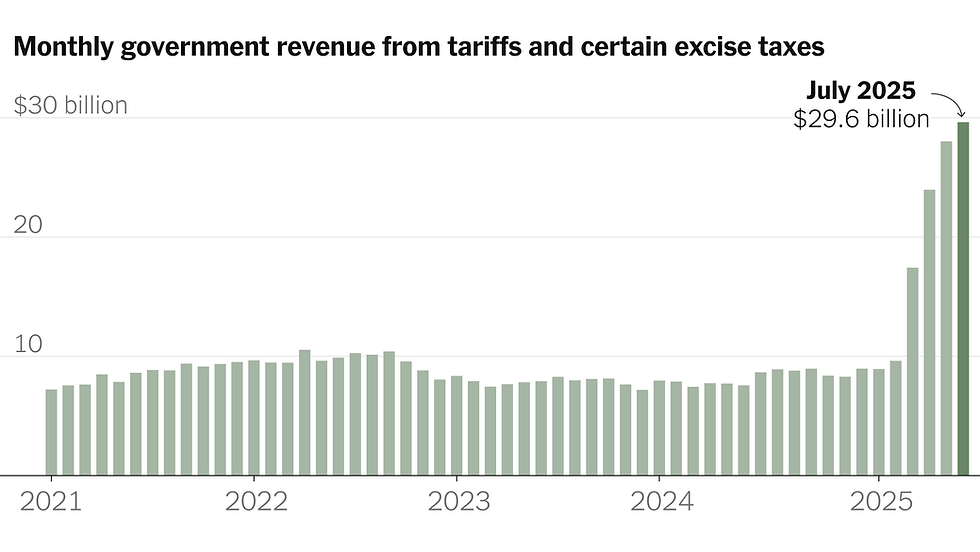Currency - The Financial "Nuclear" Weapon
- Sameer Kalra
- Oct 27, 2022
- 2 min read
Since April 2022 Dollar Index ( DXY ) has increased by 11.2% and in the last year, it has increased by 16%. This is one of the biggest and most consistent increases since 2014. Within the same duration, the global forex reserves have reduced by 7.8% which amounts to almost $1 Trillion.
From a perspective of an individual, the impact of such information might look limited to the financial world only but if you stay in a country that imports energy and food products this impacts you directly in the real world.
The current inflation has two major contributors at its foundation, first is the increase in basic commodities as the supply disruptions are growing and second is the currency weakening against the dollar.
Controlling the commodity prices by a single country is impossible as the factors impacting it are beyond reach. This is why many countries including developed nations are announcing subsidies or cash support to reduce the impact.
Controlling the current movement against the dollar is still manageable or one thinks so. This is why countries ranging from Nepal to Japan are selling forex reserves for the past many months. But within such action, there is another impact that will make things difficult ahead.
As the buffer of forex reserves reduces the supply available for daily needs becomes more costly and less available. This leads to volatility in business transactions and predictability, which eventually might result in business defaults or stoppages.
Though coming months might provide some relief as central banks reduce the number of rate hikes, that is if the inflation is stable. But next year will become more problematic to balance for all countries as they enter with lower reserves of everything from energy to forex.






Comments